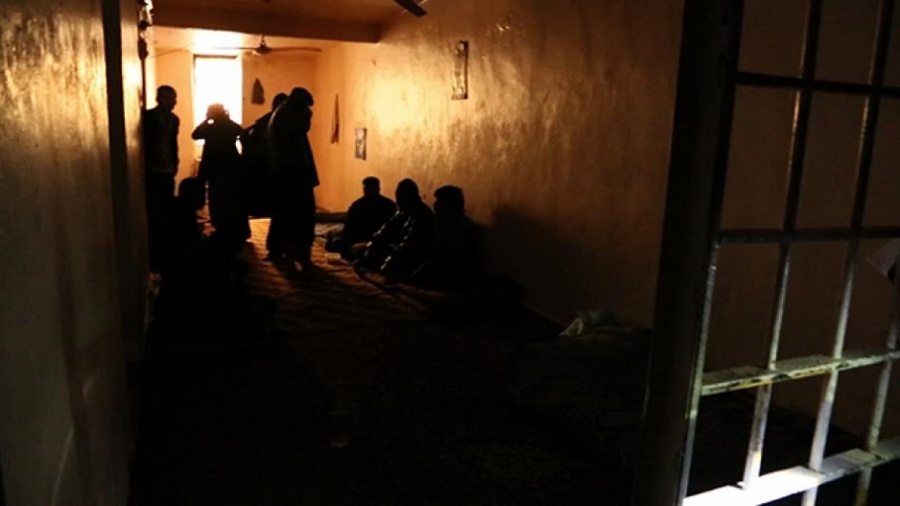Iraqi government received 3,000 reports on torture last month: human rights activist

Shafaq News/ The Iraqi government has received more than 3,000 reports on torture cases in the country, the head of the Strategic Center for Human Rights in Iraq, Fadel al-Gharawi, said in a statement on Sunday.
"Since its formation, the current government has prioritized human rights issues, and there were indications within the government program," al-Gharawi said, "this culminated in the appointment of a human rights advisor with many powers to deal with the cases related to human rights and to coordinate with the relevant authorities.
The former member of Iraq's Higher Committee for Human Rights said that the government had established a committee headed by the human rights advisor himself to look into the reported torture cases.
Al-Gharawi explained that the committee received more than 3,000 complaints and reports on torture last month.
"The committee is working to refer them directly to the Judicial Council to conduct the necessary investigations and take legal action. If a complaint is proven true, the persons who may have been coerced into making statements under torture will be retried," he said.
Torture in Iraq has been a persistent problem since the US-led invasion of Iraq in 2003, and has been carried out by a range of actors, including US forces, Iraqi security forces, and non-state armed groups.
The Abu Ghraib prison scandal, which became public in 2004, revealed that US military personnel had committed numerous human rights abuses against Iraqi detainees, including torture, sexual assault, and other forms of mistreatment. The scandal led to widespread condemnation and calls for accountability from both Iraqis and the international community.
Since then, numerous reports have documented ongoing human rights abuses, including torture and ill-treatment, at the hands of Iraqi security forces. These abuses have been particularly prevalent during periods of sectarian violence and insurgency, such as the years following the US withdrawal from Iraq in 2011.
In recent years, human rights organizations have documented cases of torture and ill-treatment in Iraqi prisons, including the use of electric shocks, beatings, and sexual violence. These abuses have been carried out by various security forces, including the Iraqi military, police, and intelligence services.
In addition to abuses by state actors, non-state armed groups operating in Iraq have also been known to use torture and other forms of violence against detainees. For example, in areas controlled by the Islamic State group, reports have documented brutal torture and execution of prisoners, often for their religious or ethnic identity.
Efforts to address the problem of torture in Iraq have been hindered by a lack of accountability and weak rule of law. While some perpetrators have been brought to justice, the vast majority of cases have gone unpunished.





